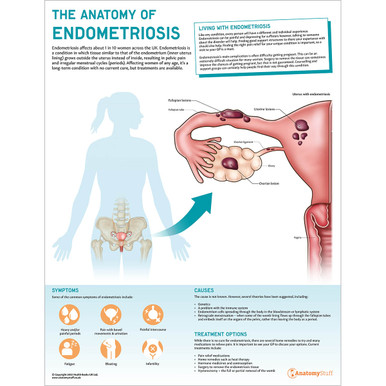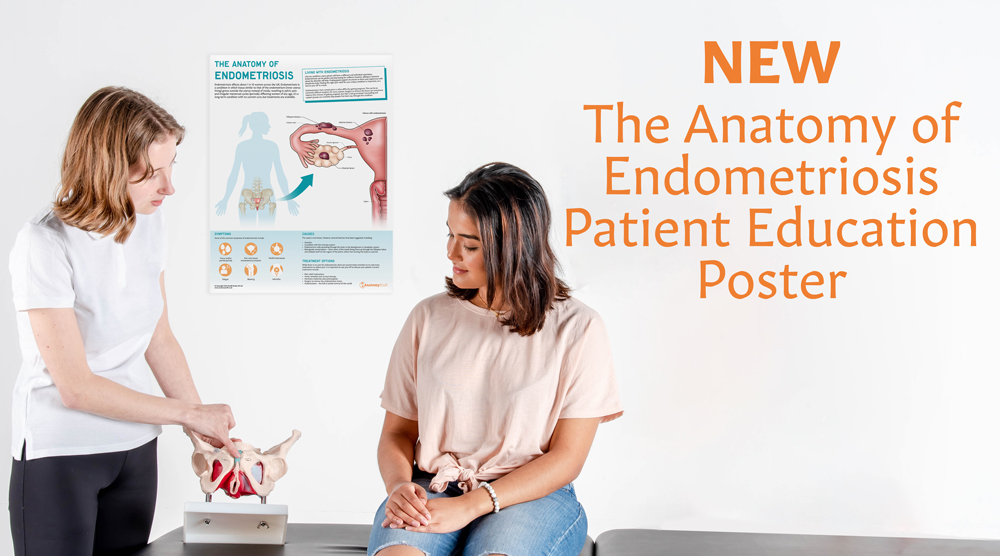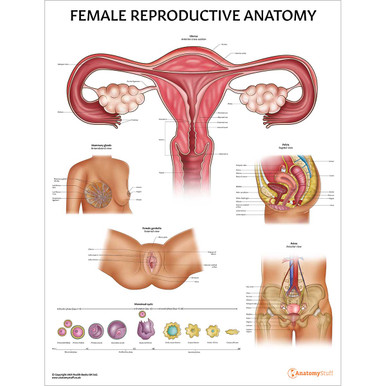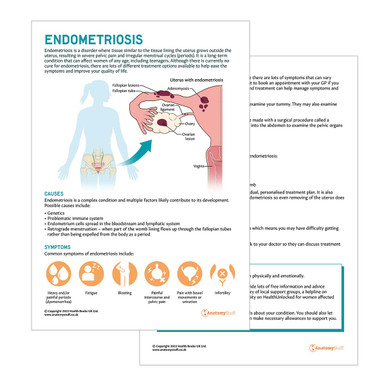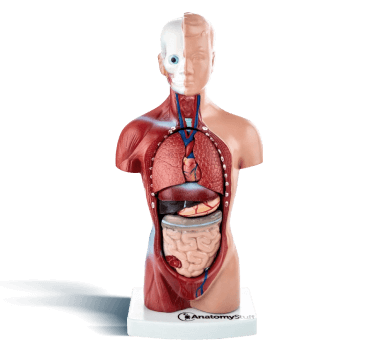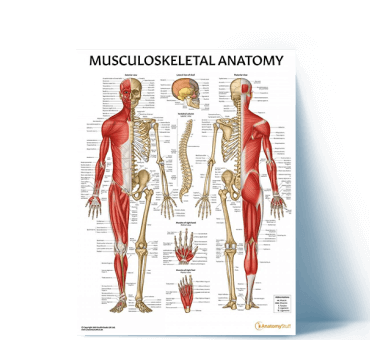Understanding Endometriosis
Endometriosis is a condition where tissue that normally lines the inside of the uterus (womb) grows in other places like the ovaries. This misplaced tissue can cause severe pain, discomfort, and other symptoms.
Endometriosis can affect women of all ages, including teenagers. It often has a significant impact on both physical and mental health. Fortunately, there are several treatment options and emotional support available. If you think you might have endometriosis, you should book an appointment with your GP.
It may also be handy to take a look at our Endometriosis Parent Education handout.
Symptoms
Symptoms of endometriosis can vary widely and may include the following:
• Painful periods
• Chronic pelvic pain
• Pain during sex
• Painful bowel movements or urination
• Difficulty getting pregnant
• Fatigue
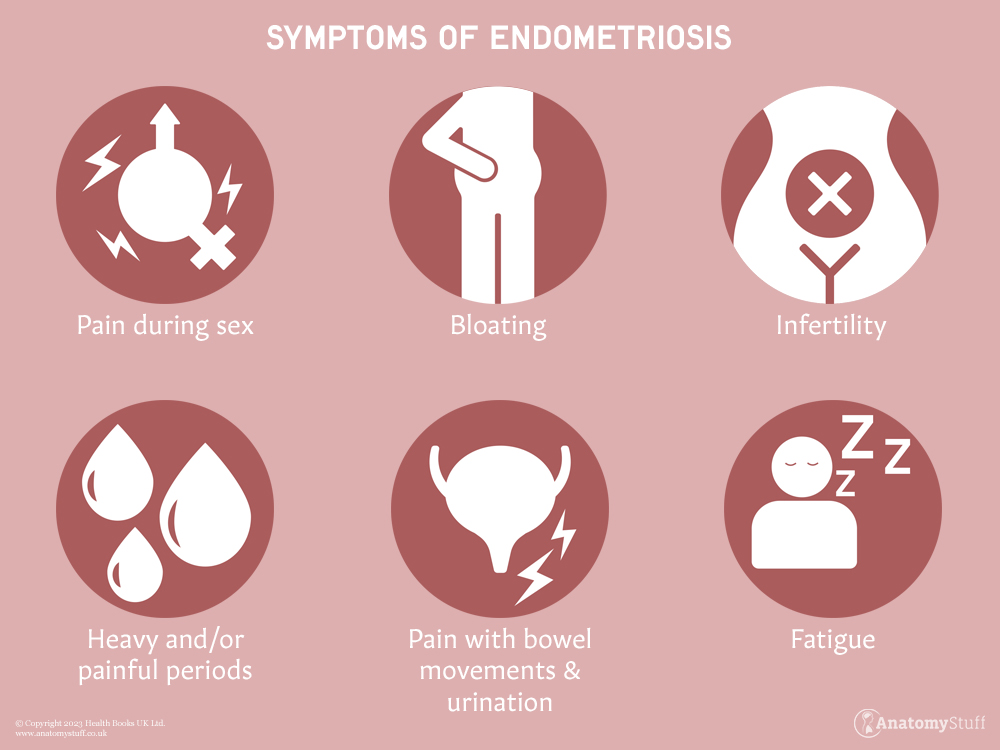
Causes
The exact cause of endometriosis is not fully understood. Likely explanations include:
Retrograde menstruation
This theory suggests that menstrual (period) blood flows back through the fallopian tubes into the pelvic cavity instead of leaving the body through the vagina. This causes the endometrial tissue, usually only found within the inner lining of the uterus, to grow elsewhere.
Embryonic cell growth
According to this theory, cells from the embryonic stage of development can transform into endometrial cells and grow outside the uterus.
Immune system dysfunction
Some researchers believe that endometriosis may be caused by a problem with the immune system, which results in endometrial cells growing outside the uterus.
Environmental factors
Exposure to environmental toxins and chemicals may play a role in the development of endometriosis.
Genetic factors
Endometriosis is more common in women with a family history of the condition. This suggests that there may be a genetic component to the development of endometriosis. It’s important to note that endometriosis is a complex condition, and multiple factors likely contribute to its development.
Diagnosis
Endometriosis can be difficult to diagnose because there are lots of symptoms that can vary considerably from person to person. It is important to book an appointment with your GP if you think you have endometriosis, as early diagnosis and treatment can help manage symptoms and improve fertility.
To begin with, your GP will ask you questions and examine your tummy. They may also examine your vagina and refer you for more investigations, like an ultrasound.
A definitive diagnosis of endometriosis can only be made with a surgical procedure called a laparoscopy. This is when a tiny camera is inserted into the abdomen to examine the pelvic organs and look for any endometrial tissue.
Treatment
Endometriosis has no cure, but several treatments are available to ease symptoms and improve your quality of life.
• Pain relief
• Hormonal therapy such as the combined oral contraceptive pill, an intrauterine system (Mirena coil) and progestogens. These medications work by regulating the hormones that control the menstrual cycle, which can reduce the growth of endometrial tissue.
• Laparoscopic excision surgery may be necessary in cases of severe endometriosis that do not respond to other treatments. This is when endometrial tissue is removed through small incisions in the abdomen.
• Hysterectomy (removal of the uterus) may also be necessary in severe cases of endometriosis. This procedure can also involve the removal of the ovaries. It is a definitive way to stop periods and often reduces pain caused by endometriosis. Having a hysterectomy means that you will be unable to get pregnant in the future.
Every woman is different and will require an individual, personalised treatment plan. It is also important to be aware that there is no cure for endometriosis, so even removing the uterus does not guarantee that your symptoms will stop.
Fertility
Endometriosis is associated with fertility problems which means you may have difficulty getting pregnant. This is not the case for everyone.
If you are looking to get pregnant, you should speak to your GP so they can discuss treatment options with you.
Living with endometriosis
Endometriosis can be difficult to deal with, both physically and emotionally.
Support groups, such as Endometriosis UK, provide lots of free information and advice, which you may find helpful.
In addition to detailed information about endometriosis, Endometriosis UK has a directory of local support groups, a helpline on 0808 808 2227, webchat, and an online community on HealthUnlocked for women affected by the condition.
Related products
View All